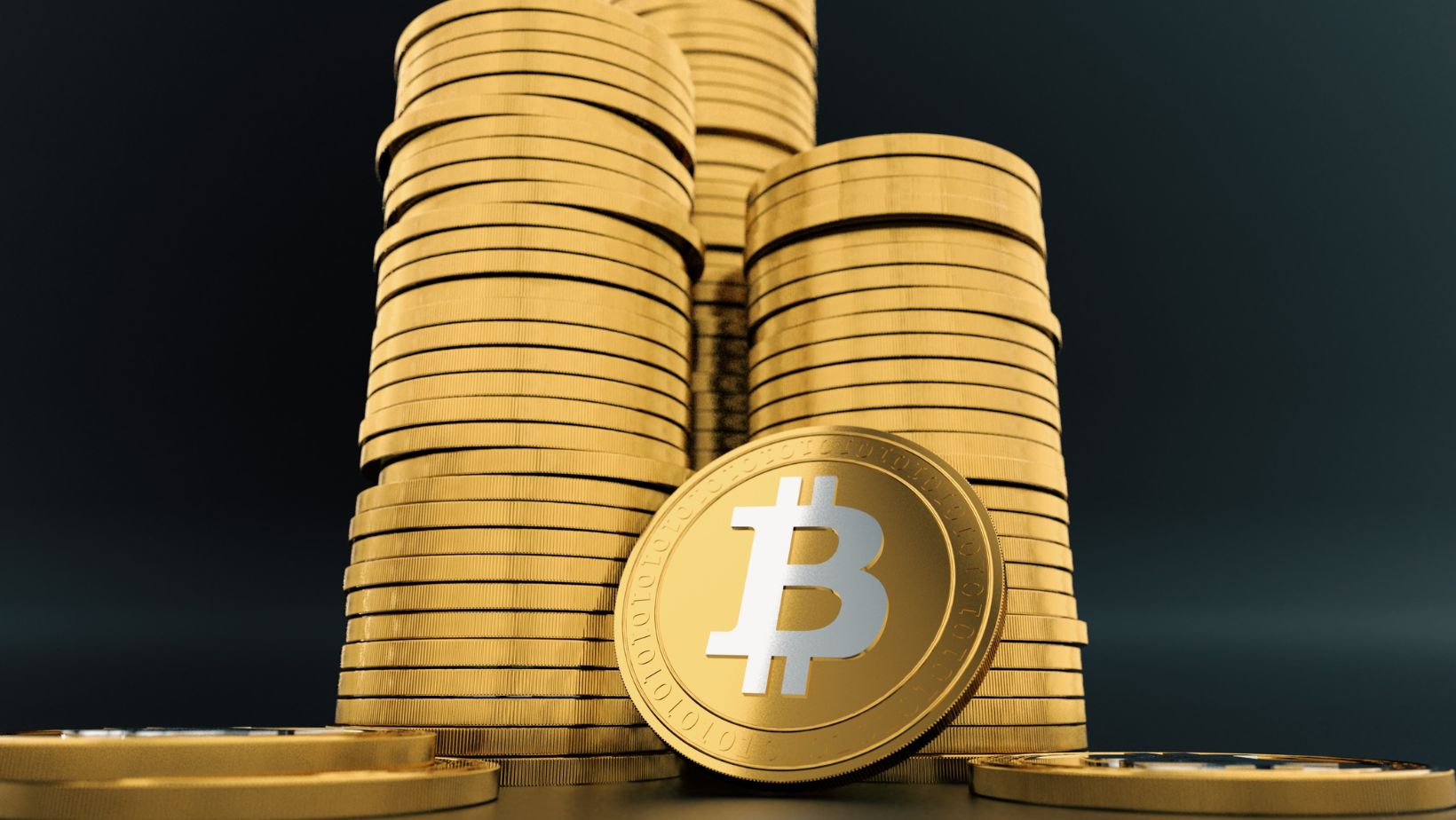With the cryptocurrency market expanding at a very fast pace, there are more projects that are venturing into various potential ways of raising initial capital. Presales have been one of the areas that have been of interest to general investors to purchase tokens at a fairly early age. Recently, many Korean investors have been learning about promising presales abroad through specialized media such as CryptoNews KR, weighing the decision of whether to invest. Therefore, understanding what a presale is and how it specifically operates is essential for shaping future investment strategies.
What Is a Presale
A presale is a pre-sale in which a blockchain project or cryptocurrency start-up sells tokens to investors before an exchange listing, equivalent to a startup taking pre-investment. Presales provide a small number of tokens at a price reduction in order to raise funds and increase publicity. Investors have a low cost of purchasing tokens and a high risk.
Participants are often limited by presales using a whitelist. Under such a system, the project team will only provide eligibility to investors who satisfy specific requirements, which will improve security and also create a strategic impact on the pool of investors. Whitelisted investors are those who have undergone pre-registered wallet addresses and identity checks. They often receive preferential conditions, such as lower prices or guaranteed token allocations, compared to the general public sale. Thanks to this process, projects can secure more reliable early supporters, while investors can also gain a degree of assurance regarding the project’s credibility.
Key Stages and How a Presale Works
A presale is generally divided into several stages. First, the project team releases a whitepaper detailing the business model, tokenomics, and technical structure, allowing investors to assess feasibility and value. Next, the token sale schedule and conditions are announced, and interested investors complete registration and verification within a set period.
Investors purchase tokens using cryptocurrencies specified by the project—such as Ethereum, Bitcoin, or stablecoins—within the designated period. Once purchased, tokens are distributed immediately or after a lock-up period, which prevents large short-term sales and sudden price drops. Through this process, the project team secures funding, while investors can anticipate potential token value increases.
Additionally, presales also serve as a marketing tool. By offering tokens at discounted prices, projects attract interest and rapidly build a community. When early investors actively promote the project, it naturally enhances the project’s visibility and credibility in the market.
Advantages and Cautions for Investors
The main appeal of a presale is the opportunity to acquire tokens at a relatively low price. If the project successfully launches and lists on an exchange, early investors can potentially earn significant profits. Additionally, by participating in the community from an early stage, investors may have the chance to exert constructive influence on the project’s direction.

However, given the potential rewards, investors need to make careful decisions. By closely examining the plans and development schedule outlined in the whitepaper, the team composition, and partnerships, investors can better assess the project’s growth potential. Participating within one’s investment limits allows for a more secure entry into the early market. Even in a market with unclear regulations, engaging through official channels and verified procedures can significantly reduce legal and security risks.
A Prudent Approach to Regulation and Security
Cryptocurrency presales often operate under less established regulatory frameworks than traditional IPOs, but governments around the world are gradually strengthening relevant regulations, improving the overall environment. For example, Hong Kong recently introduced a new licensing system for stablecoins, passing legislation that includes anti-money laundering (AML) and know-your-customer (KYC) requirements, as well as real-time information disclosure provisions. Such measures are also reinforcing guidelines for crypto presales and initial token offerings. By checking the legal requirements in the country where they participate and using official channels, investors can engage in presales more safely and transparently.
The project team is also enhancing investor protection by increasing transparency in fund management through smart contracts and regularly disclosing development progress. Investors who actively review this information are better positioned to accurately assess the project’s credibility and growth potential, increasing the likelihood of positive outcomes.
Key Factors to Know Before Participating in a Presale
Investors looking to participate in a presale should first carefully read the project’s whitepaper and understand its tokenomics. It is important to check the total token supply, distribution plan, and any lock-up conditions. Additionally, investors should verify whether there is a whitelist or KYC (know-your-customer) procedure, and whether participation is restricted to certain countries.
Market conditions cannot be ignored either. In a bullish crypto market, the listing price after a presale may surge, while in a bearish market, it may be difficult to achieve the expected returns. Therefore, it is wiser to make decisions based on the project’s long-term growth potential rather than short-term price fluctuations.




